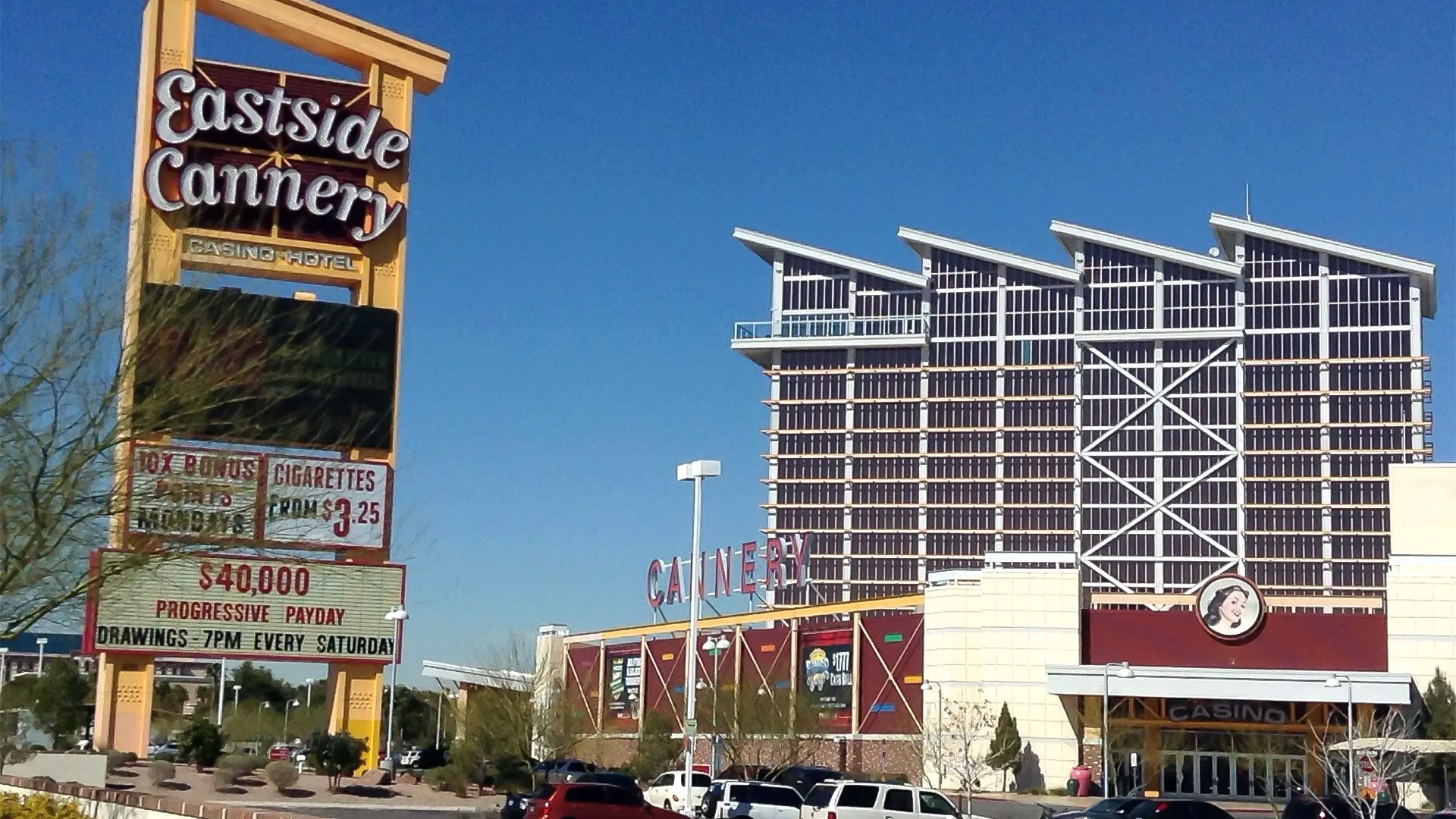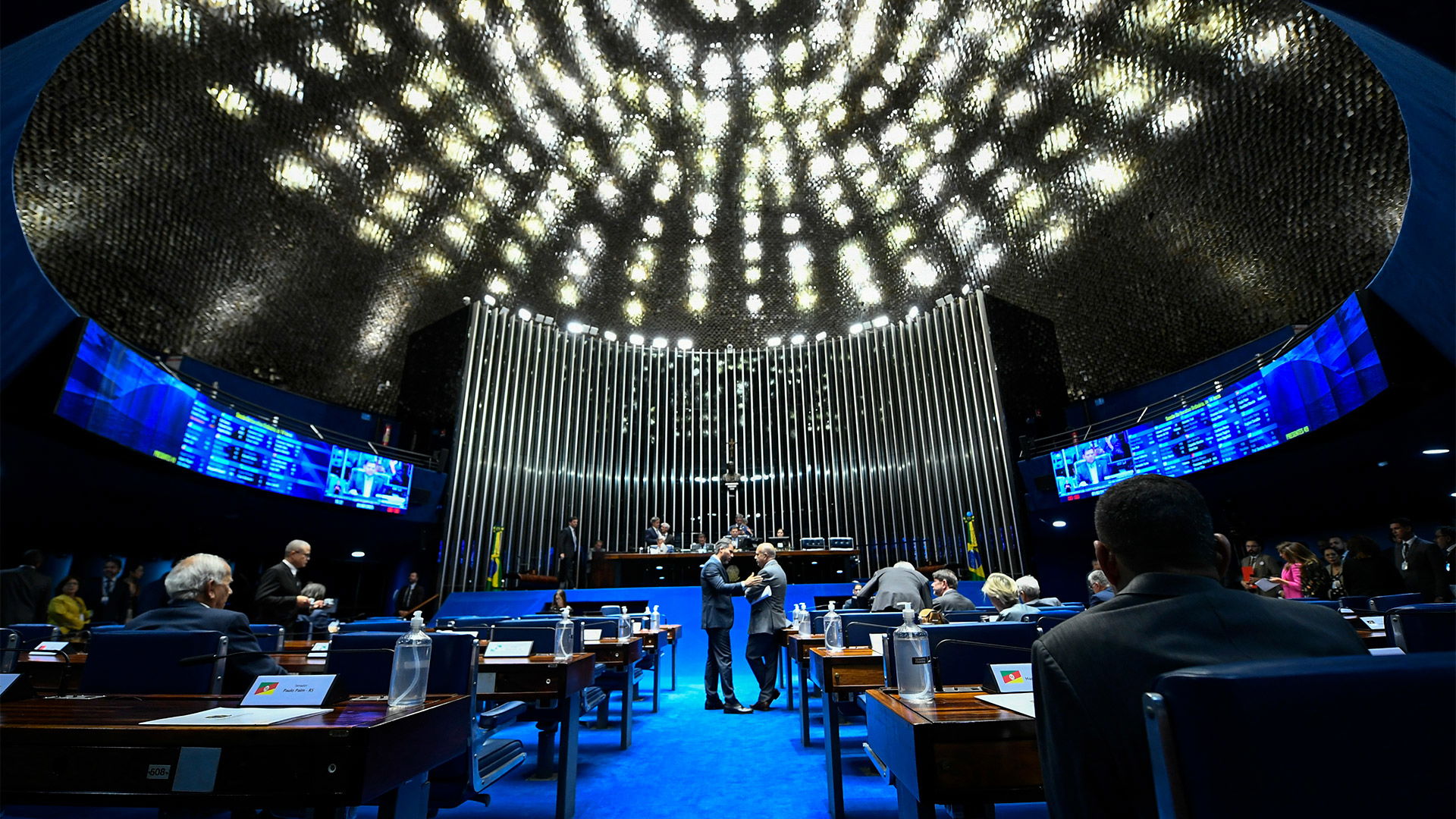The rise of live dealer games: Why we crave real connection in a digital world

Online casinos have exploded in popularity over the past decade, offering convenience, variety, and 24/7 access to games once limited to brick-and-mortar venues. Many players enjoy trying out new titles through options like the PG Soft free play demo, which lets them explore games risk-free before betting real money. But as the novelty of virtual slots and automated tables wears off, a new trend is reshaping how people play: live dealer games.
These real-time, video-streamed casino experiences bring human dealers back into the picture, allowing players to interact, watch the action unfold live, and feel part of a more authentic environment. It’s not just about chasing wins — it’s about connection.
What’s driving this shift? It turns out that even in digital spaces, we crave real human presence. And live dealer games deliver just that — blending technology with the timeless appeal of face-to-face interaction.
What are live dealer games?
Live dealer games are online casino games run in real time by human dealers, streamed directly to your device via high-quality video. Instead of relying on computer-generated outcomes, these games mirror the experience of sitting at a real casino table — complete with cards, chips, and the occasional dealer banter.
Popular titles include blackjack, roulette, and baccarat, all hosted by professional dealers in studio settings. Players can place bets, make decisions, and even chat with the dealer or other players, creating a more social and immersive atmosphere.
Unlike traditional online games powered by Random Number Generators (RNGs), live dealer games add a layer of trust and realism. You can see the cards being dealt or the roulette wheel spinning, which brings an extra level of transparency — and excitement — to the experience.
The psychology behind the appeal
Part of what makes live dealer games so compelling is that they tap into introductory human psychology. We’re naturally wired to seek social interaction — even when playing online.
Here’s why live dealer games resonate so strongly with players:
-
Trust in real people: Seeing an actual dealer shuffle cards or spin the roulette wheel builds confidence. It feels more transparent than a digital algorithm running behind the scenes.
-
Real-time action: The pace is set by a human, not a timer. That adds to the excitement and makes each moment feel more meaningful.
-
A sense of presence: When chatting with a dealer and watching others play, it’s easy to forget you’re alone. The experience feels shared — almost like sitting at a real table.
-
Subtle control: Choosing when to bet or interact gives players a feeling of power, even if the outcome is still based on chance.
-
Social proof: Seeing other players at the table or reacting in chat reinforces that this is a real, active environment, and people love to be part of something live.
In short, it’s not just about the game — it’s about the experience.
The pandemic effect and beyond
The COVID-19 pandemic transformed the way we engage with the world, and the way we gamble, too. With terrestrial casinos closed down and social interactions restricted, individuals started depending increasingly on web-based sources of entertainment and socializing.
Live dealer games finally bridged that gap. They weren't merely a means of making a bet — they were a source of normalcy and human contact when both were in limited supply. Seeing actual humans deal the cards or spin the wheel was familiar, comforting, and oddly compelling.
Even today, the trend has not slowed down as the world opened up again. If anything, live dealer games are more popular. Players who got into them during lockdowns have remained with them, and new players are still attracted to the mix of real-time action and human interaction that regular online games cannot even begin to offer.
Not just entertainment — A business strategy
Live dealer games are popular with players and smart moves for casino operators. They have proven to boost engagement, keep users on the platform longer, and encourage repeat visits.
Part of their success lies in localization. Many providers now offer dealers who speak different languages and host games from region-specific studios, making the experience more personal and relatable.
Casinos layer in gamification features like side bets, leaderboards, and time-limited bonuses during live events to keep things exciting. This adds an extra element of fun and competition beyond the main game.
Most importantly, live dealer games build trust. Players can see what’s happening in real time — there are no random algorithms or hidden mechanics. That human presence adds transparency and credibility, crucial in an industry where trust is everything.
The future of live dealer games

Live dealer games have come a long way, and the future looks even more dynamic. Mobile-first studios are creating smoother, more accessible experiences for players who prefer to game on the go. At the same time, technologies like VR and AR hint at a future where online casinos could feel fully immersive, with metaverse-style environments and lifelike interactions.
AI may soon personalize sessions even further — imagine dealers who remember your name, games tailored to your style, or chat that feels genuinely conversational.
We’re also seeing innovative hybrids that mix live hosts with game-show elements or slot mechanics, proving that the format is far from static.
Ultimately, the success of live dealer games isn’t just about flashy features — it’s about offering something tangible. In a digital world full of automation, that human connection keeps players returning.
















